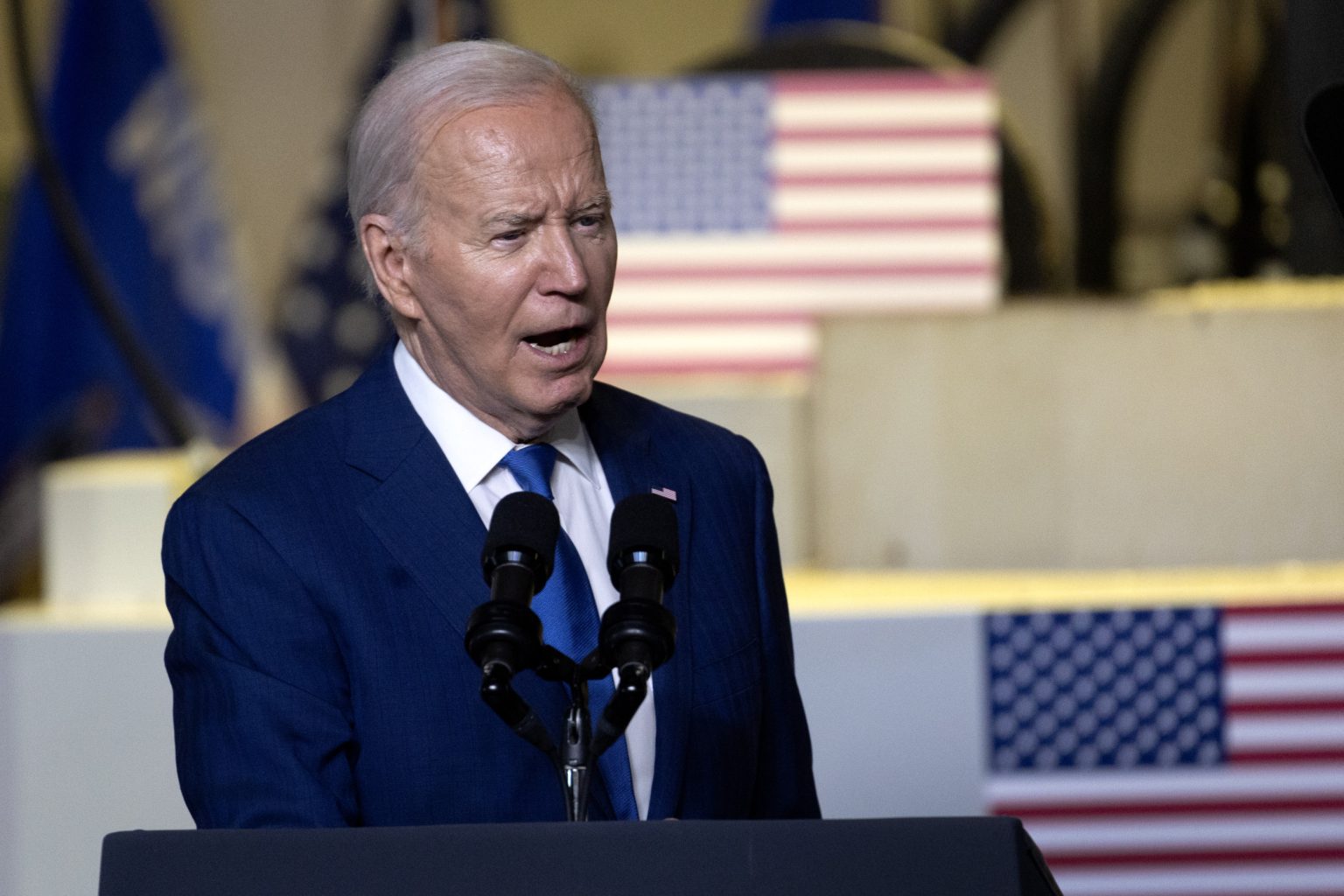President Biden’s assertion of executive privilege to block the release of recordings of his interviews with special counsel Robert Hur shares similarities with former President Trump’s use of privilege during his time in the White House. The White House, in alignment with Attorney General Merrick Garland, has argued that law enforcement files such as these need to be protected. This assertion has sparked comparisons to the arguments made during the Trump administration, where similar claims were made in defense of executive privilege.
Executive privilege, a concept that has been present in the United States since the founding of the country, allows the executive branch to withhold internal discussions and documents from scrutiny by the courts and Congress. This privilege provides the President with the space to have confidential deliberations with staff. Many presidents throughout history have withheld information from Congress, highlighting the longstanding nature of this practice in American politics. Congress, however, has tools at its disposal to compel the release of information, such as holding individuals in contempt, slashing budgets, or even impeachment as a last resort.
Former Assistant U.S. Attorney Andrew McCarthy discussed the challenges Congress faces in prying information out of the executive branch when the president’s party has significant influence. He noted that the media often reports on such matters briefly but then moves on to other topics, allowing the administration to bury contentious issues. Attorney General Merrick Garland defended Biden’s use of executive privilege, stating that the release of audio recordings could harm future investigations. Despite the White House’s decision to assert executive privilege, Congress proceeded to advance a resolution to hold Garland in contempt of Congress for failing to produce the subpoenaed audio recording of Biden’s interview with Hur.
The comparison to former President Trump’s administration and the subsequent convictions of Steve Bannon and Peter Navarro for contempt of Congress highlights the potential consequences of defying Congressional subpoenas. Bannon and Navarro were convicted for their refusal to comply with subpoenas as part of the investigation into the Capitol protests of January 6, 2021. Both individuals raised claims of executive privilege, with lower courts rejecting the argument based on the lack of proof of Trump invoking such privilege. The implications of Biden’s assertion of privilege raise questions about the balance of power between the executive and legislative branches.
Special Counsel Robert Hur’s investigation into Biden’s handling of classified documents following his time as vice president under the Obama administration concluded that Biden would not face criminal charges due to his age and memory issues. The decision not to recommend charges against Biden sparked controversy, with critics accusing the system of justice of being biased. Former President Trump has criticized the leniency shown towards Biden compared to the harsh treatment of individuals like Bannon and Navarro. Ultimately, Biden’s use of executive privilege, Garland’s defense of the decision, and Congress’s response reflect the ongoing tensions between the branches of government and the challenges of transparency in government operations.


